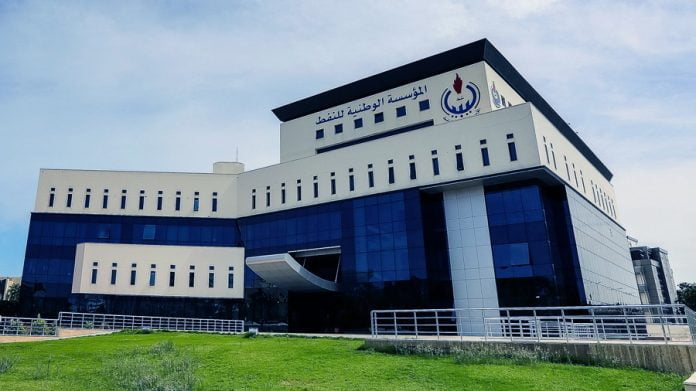Libya, a major oil producer in Africa, has recently made a groundbreaking decision that marks a significant transformation in its oil industry. For the first time in the country’s history, private domestic firms have been given the opportunity to invest in the field of oil production. This move by the National Oil Corporation (NOC) aims to increase oil production and develop small oil fields. It opens up new avenues for domestic companies to participate in an area that was previously dominated by international energy giants. This article explores the implications of this historic decision and its potential impact on Libya’s oil sector.
Background of Libya’s Oil Industry
Libya boasts the largest proven oil reserves in Africa and has long been a crucial supplier to global markets, particularly in Europe. The country’s oil industry has played a central role in its economy, generating significant government revenue and export earnings. However, the industry has faced numerous challenges over the years, including international sanctions, internal conflicts, and political instability. These disruptions have led to fluctuations in oil production and export levels, hindering the sector’s growth and development.
The National Oil Corporation’s Invitation to Domestic Private Companies
In a groundbreaking move, the National Oil Corporation (NOC) has invited domestic private companies to invest in the oil production sector. Previously, these companies were limited to activities such as drilling, transportation, and logistics. The NOC’s decision to involve domestic private companies in oil production marks a major transformation for the Libyan oil sector. This initiative aims to increase oil production and develop small oil fields, diversifying the industry and reducing its reliance on international energy giants.
The Investment Process for Domestic Private Companies
To facilitate the investment process, the NOC will open a tender to receive investment proposals from domestic private companies. The proposals will undergo a thorough technical evaluation before being submitted to the NOC for approval. This ensures that only viable and qualified investments are considered. By implementing a transparent and competitive process, the NOC aims to attract the best investment opportunities and maximize the potential for growth in the oil sector.
Potential Benefits of Domestic Private Investment in the Oil Sector
The involvement of domestic private companies in the oil sector offers several potential benefits for Libya. Firstly, it promotes economic growth and development by increasing oil production and expanding the country’s oil reserves. This, in turn, generates more government revenue, contributing to the overall stability of the Libyan economy. Secondly, it fosters job creation and local capacity building, as domestic companies are likely to hire and train Libyan nationals. This helps address unemployment and provides opportunities for skill development within the country.
Challenges and Risks
While the opportunity for domestic private companies to invest in the oil sector presents significant potential, there are also challenges and risks to consider. Libya’s political instability and security concerns remain persistent issues. Non-state militias, foreign mercenaries, and extremist groups pose threats to investment activities. The presence of these actors can disrupt operations and create an uncertain investment environment. Additionally, an unclear bureaucracy, complications arising from the division of state institutions, burdensome regulations, and widespread corruption in public administration hinder the ease of doing business in Libya.
The Importance of Oil Sector Reforms
To fully harness the benefits of domestic private investment in the oil sector, Libya must undertake comprehensive reforms. These reforms should focus on improving governance, transparency, and accountability in the industry. Strengthening the rule of law and addressing corruption are crucial steps to create an enabling environment for investment. Moreover, the government needs to prioritize security and stability to ensure the safety of investments and the uninterrupted flow of oil production.
Libya’s Place in the Global Energy Market
Libya’s vast oil reserves continue to hold significant importance in the global energy market. As energy dynamics shift and evolve, Libya’s oil production capacity will play a crucial role in meeting global demand. International stakeholders, including foreign investors, recognize the potential of Libya’s oil sector and the importance of stability in the country. Collaborative efforts between the government, international entities, and domestic private companies can help unlock the full potential of Libya’s oil resources and contribute to its economic development.
Conclusion
Libya’s decision to allow domestic private companies to invest in the oil sector is a historic opportunity that marks a significant shift in the country’s oil industry. By increasing oil production and developing small oil fields, Libya aims to diversify its oil sector and reduce its dependence on international energy giants. This initiative has the potential to stimulate economic growth, create employment opportunities, and strengthen the country’s oil industry. However, to fully realize these benefits, Libya must address challenges such as political instability, security concerns, and bureaucratic hurdles. Through comprehensive reforms and collaborative efforts, Libya can unlock the full potential of its oil resources and create a more inclusive and sustainable oil sector.
